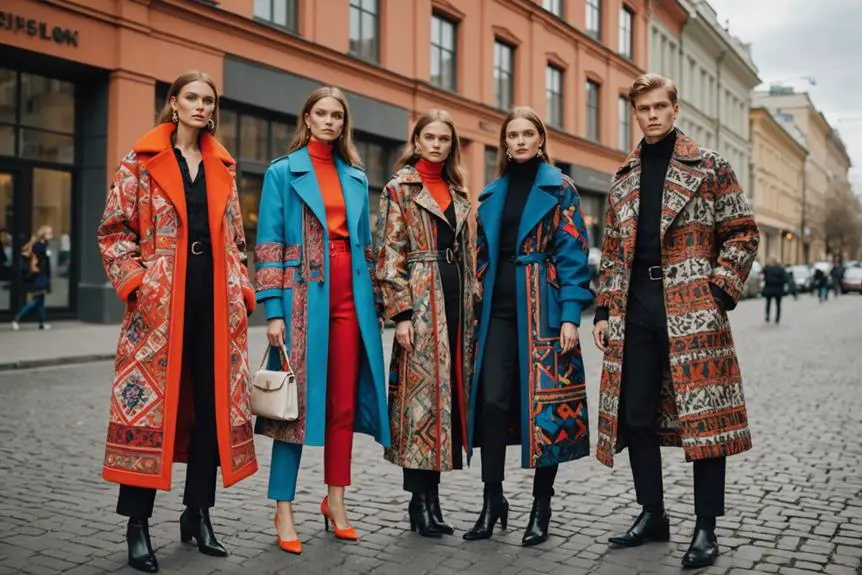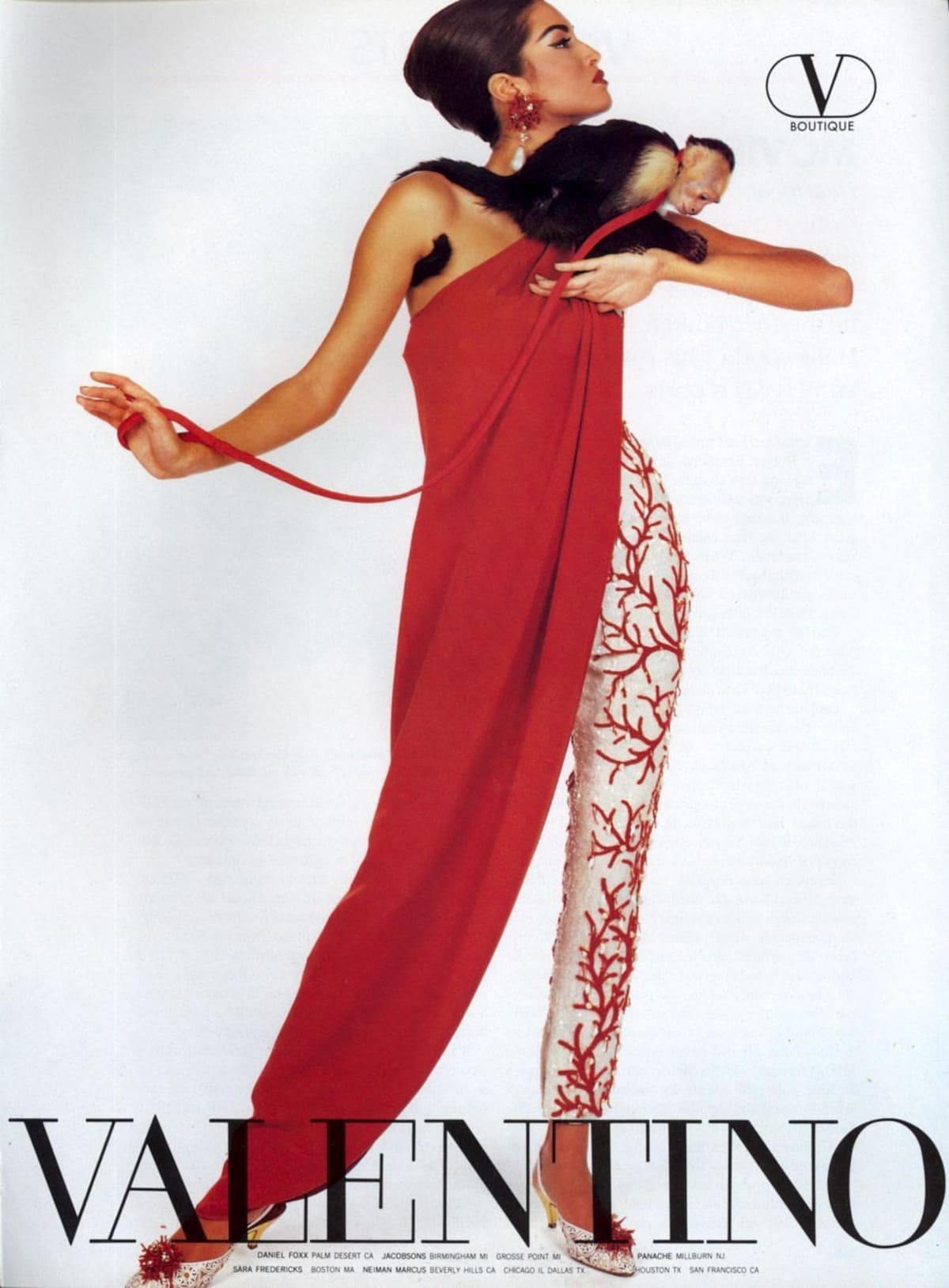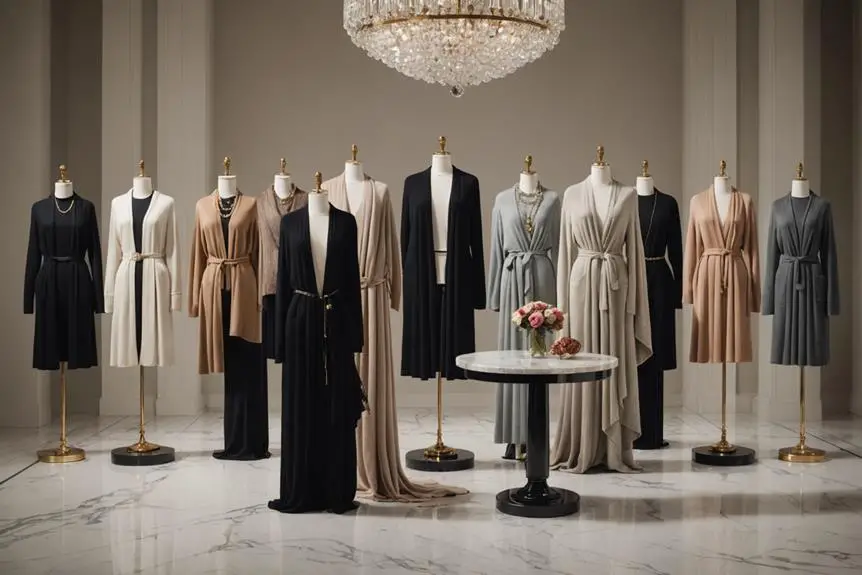Beatrice ‘Bee’ Arthur, a self-taught designer from Ghana, uses her platform to tackle social issues and promote environmental sustainability through her brand, B’EXOTIQ.
Beatrice “Bee” Arthur, a self-taught designer and eco-feminist from Ghana, has made significant strides in the world of fashion by using her platform to address social issues and advocate for environmental sustainability. Her brand, B’EXOTIQ, exemplifies her commitment to what she defines as “artivism”—the integration of art and activism to confront pressing issues such as gender inequality, colonial legacies, and ecological challenges.
Arthur emerged as a prominent name in fashion in 2001 when she won the KORA All Africa Fashion Award, which brought her designs to international runways, spanning from Dakar to Paris. However, her work extends beyond mere aesthetics; it serves as a vehicle for critical commentary. A notable example of this is her 2009 B’EXOTIQ collection, which was highlighted in a Routledge-published academic text. One of the standout pieces, a vibrant yellow dress photographed at Elmina Castle, serves as a striking contrast between beauty and the brutal history of transatlantic slavery. In a recent interview, Arthur stated, “Fashion isn’t just about wearability; it’s a language to interrogate power.”
Arthur’s collections frequently address urgent social themes. The HANDS OFF, EYES ONLY collection was crafted as a response to the issue of sexual harassment, while her 2012 collaboration with photographer Dean Zulich and model Felivian Ayariga, titled WALLS OF ELMINA, paid tribute to enslaved women subjected to abuse in colonial forts in Ghana. Moreover, her 2015 DUMSOR line was made entirely from recycled materials to shed light on energy poverty and consumer waste, specifically critiquing the culture of disposability fostered by global fast fashion.
Her impact extends far beyond her designs. Arthur actively contributes to the International Trade Centre’s Ethical Fashion Initiative and advocates for Ghanaian textiles as Fashion Domain Leader at the Ghana Culture Forum. She co-leads the Global Fashioning Assembly, which addresses waste colonialism—referring to the influx of foreign textiles that jeopardize local industries. At a lecture in 2023 at Ashesi University, Arthur remarked, “Africa isn’t a landfill. Our creativity must drive sustainable economies, not recycle exploitation.”
In addition to her work in fashion, Arthur, who is multilingual and once served as a press attachée for renowned sculptor Prof. El Anatsui, condemns practices like skin bleaching and promotes traditional craftsmanship. On International Women’s Day, she encouraged young Ghanaian women to “boldly take up space” and appreciate their heritage, stating, “We descend from queens and innovators. Our voices can reshape narratives—on runways, in boardrooms, everywhere.”
Experts in cultural criticism acknowledge her distinctive role in Africa’s creative economy, where she is recognized for seamlessly blending academic pursuit, activism, and high fashion. A cultural critic noted, “Bee rejects the ‘poor African designer’ trope. She demands the Global South be seen as a leader, not a charity case.”
As Arthur prepares for upcoming installations that focus on decoloniality, her influence and legacy solidify: affirming that fashion can act as both a reflection of societal issues and a means to instigate change.
Source: Noah Wire Services




